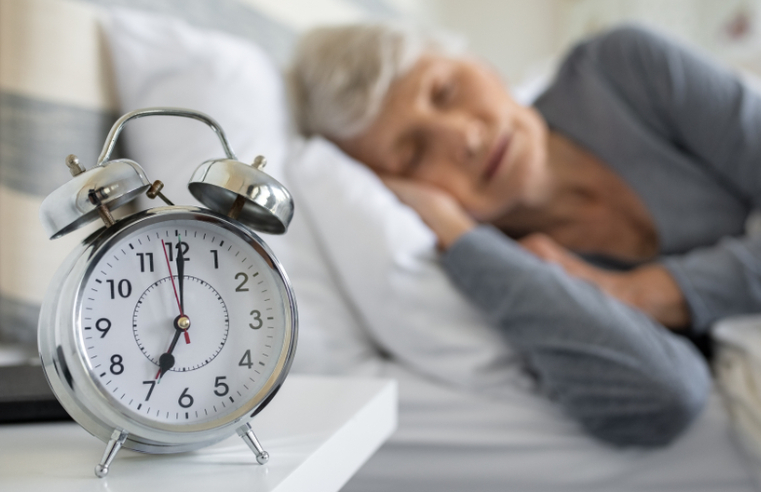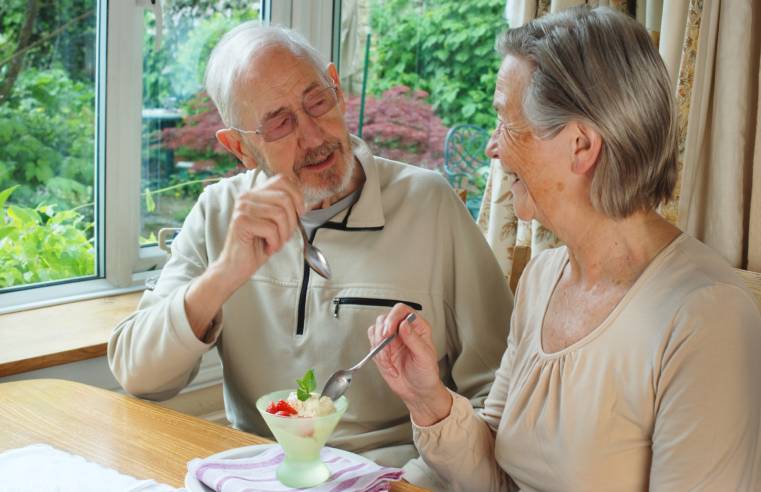Although for many us it’s something fairly easy to adjust to, daylight saving time can be a very different story for someone with dementia. Here, Active Minds outlines five things to know when supporting people living with dementia during this period.
The arrival of daylight saving time can affect everybody differently. For some, adjusting to the new time can be a simple process, although it can take a day or so for our bodies to adjust and our internal clock can be slightly confused for a little while.
For someone living with dementia, however, daylight saving time can present a myriad of concerns. In the UK, 2020 daylight saving time begins on 29th March when the clocks go forward for the summertime. The increase in daylight hours can confuse those living with dementia as days get longer and it becomes difficult to know the time based on increased daylight.
Sundowning Syndrome
Sundowning is a term used to describe the changes in behaviour that occur in the evening, around dusk, which is predominantly seen in those with dementia. It is generally associated with the effects of the clocks changing; more so when daylight saving begins. It can be characterised by increased confusion and irritability once the sun goes down. Whilst winter can be difficult as there is more time after the sun goes down, daylight saving can also compound the effects of sundowning as there is increased overstimulation and exhaustion caused by the long daylight hours. Confusion, irritability, mood swings, wandering, agitation and hallucinations can all be associated with sundowning syndrome.
Changing Routines Can Be Challenging
A key thing to consider when caring for someone living with dementia is to encourage routine. Sticking to daily routines can help reduce confusion and agitation. However, with a change in daylight hours, comes a change in routine. Although only different by one hour, in terms of time, everything is different. Keeping routines as similar as possible is essential but some things will need to be adjusted; bathroom schedules and meal schedules being just two examples. For a few days this could be difficult, but you will get back into a routine soon enough. After this change, stick to the routine and ensure the persons sleep schedule stays the same as this can be where issues can sometimes occur. Sleep is essential to keeping confusion at bay during daylight saving.
Exposure to Daylight
Exposure to daylight can be very useful in the lead up to and after the clocks change. Getting as much exposure to natural light as possible can help maintain a person’s natural circadian rhythm. It is our circadian rhythm which regulates the sleep cycle and maintains good sleeping patterns. We know how important sleep is to those living with dementia, so keeping the circadian rhythm at a constant is important.
Activities Can Help with the Adjustment
If you find that the person whom you are caring for is experiencing sundowning syndrome and mood swings or difficulties in the evening, adjusting their routine to suit could be useful. For example, if you have dementia activities which you conduct during the day to bring about relaxation, it could be worth moving these to the evening. This shouldn’t be anything overly stimulating so things such as arts and crafts could be ideal; art can be soothing and engaging without being over-stimulating close to bedtime.
Avoid Stimulants
Avoid offering any stimulants, such as caffeine or daytime naps where possible, as these can disrupt routine and cause further issues as the evening approaches. Although the days can seem long, the effects of these stimulants can cause more harm than they are worth. Instead, keep the brain active through the daytime with activities and keep the evenings relaxing and engaging in other ways.
A change in daylight hours can be confusing for anyone so, for those living with dementia, it is especially important to do all we can to keep everything running as smoothly as possible; sticking to routines and planning ahead can all help to do this.

























